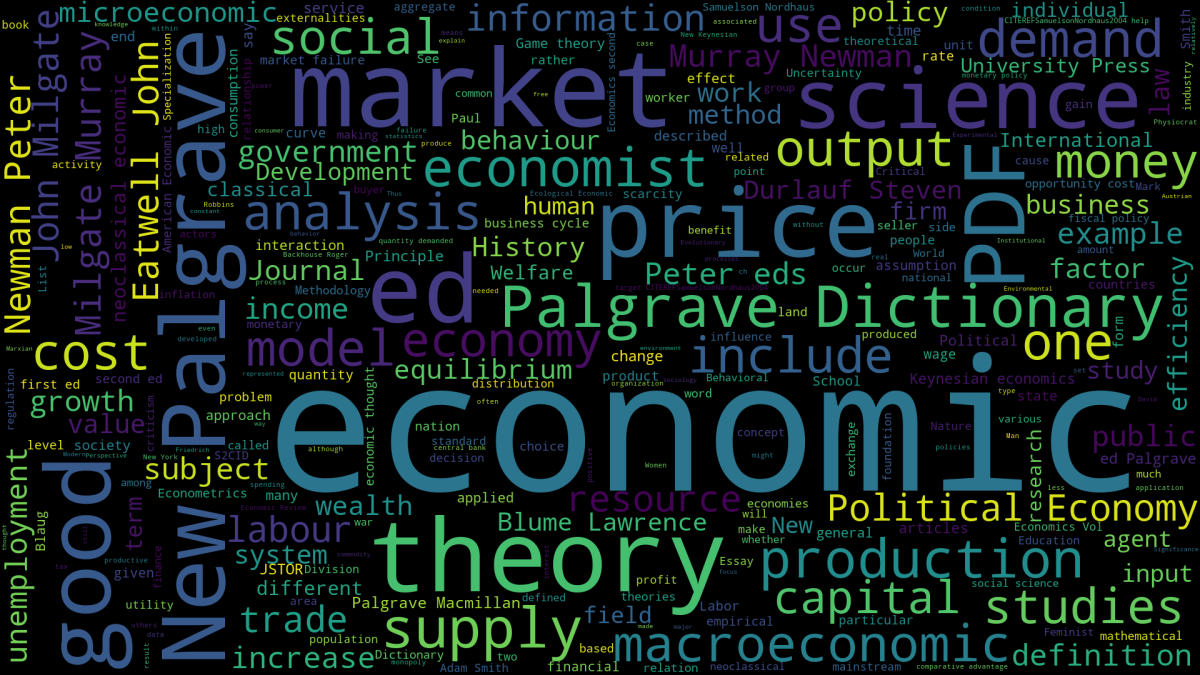Over the past few years, there has only been one way to describe the stock market: volatile. This has been caused by a host of factors. From the start of COVID lockdowns to supply chain issues to overseas wars, there have been many factors that have caused this volatility.
So, to break down today’s market, we must look at the main concern of the American public today: inflation. Many people throw around this term, but on its most simple level, inflation is an increase in overall prices. This is mainly measured by the Consumer Price Index (CPI), which determines inflation by taking a “basket” of regular goods and determining how much the price of that basket increased.
An increase in inflation reflects the decrease in the purchasing power of the dollar, meaning that either wages need to adjust to account for the weakening of the currency, or inflation rates need to go down. So, to regulate inflation The Federal Reserve, or the Fed, closely monitors the CPI and other inflation indicators.
That is why when Fed Chairman Jerome Powell saw inflation above its target rate, he raised interest rates to control spending and therefore lower inflation. This happens because higher interest rates make borrowing more expensive, reducing consumer and business spending. In response, inflation goes down and unemployment rises. Over the past year, Powell has been slowly hiking up rates to discourage spending, however, the opposite has happened. In fact, the recent jobs report came out that indicated a decrease in unemployment. This may sound like a good thing at first, however, this means that inflation is here to stay and unemployment is one of the many signs that point to future rate hikes.
Therefore, while not everything is currently terrible in the economy, it doesn’t look like inflation is going away any time soon, although it may be slowing. So, next time you want to know how the market is doing, just take a look at the CPI numbers, current interest rates, and unemployment rate to make some educated guesses about what the Fed thinks about the economy.






























